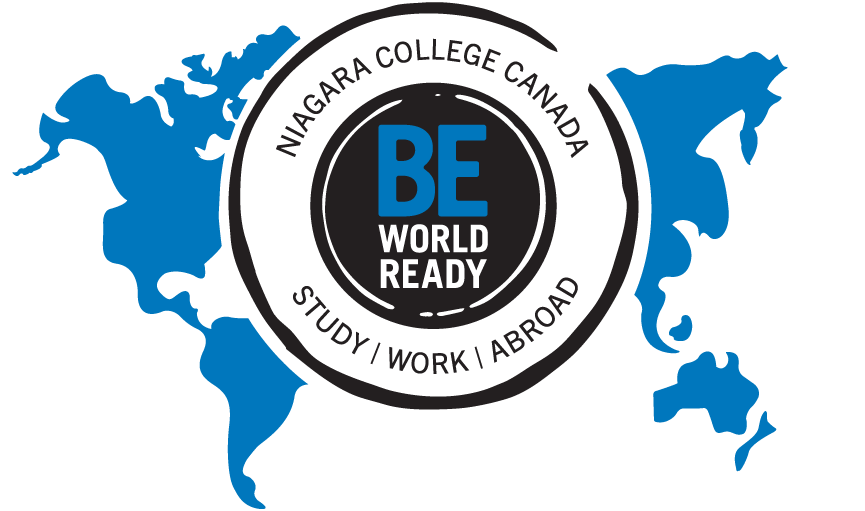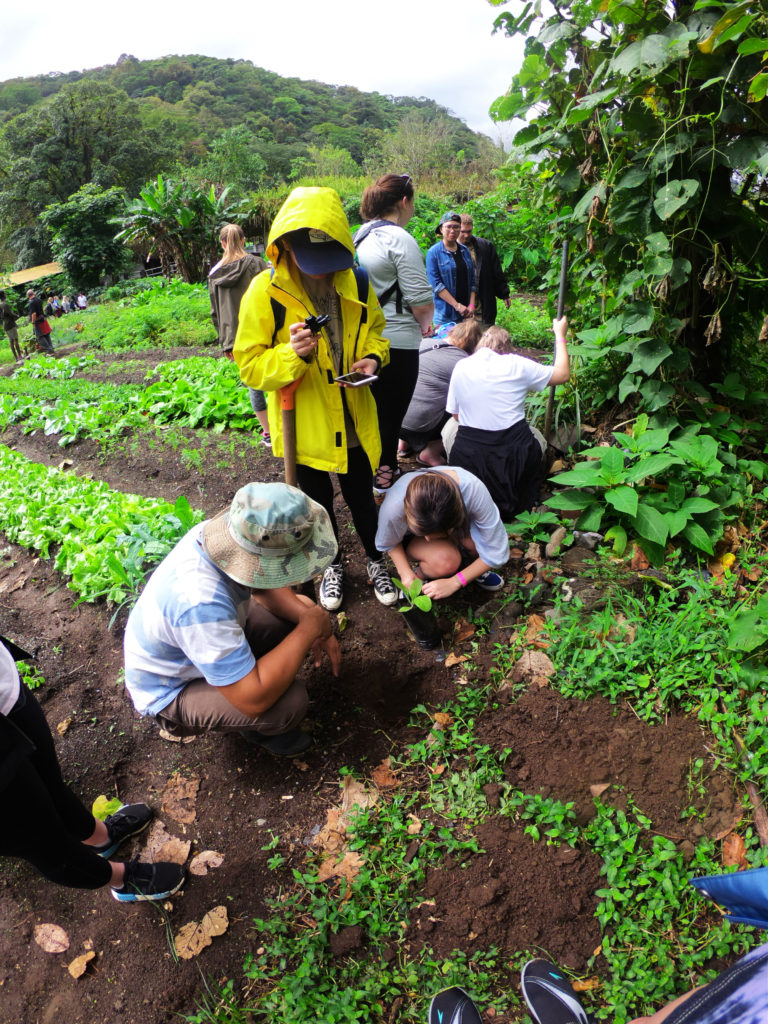“Nothing compares to learning through travel,” said School of Hospitality, Tourism & Sport professor Agnes Nowaczek, PhD. Nowaczek led 17 NC students on a Be World Ready (BWR) International Field Studies (IFS) trip to Costa Rica from February 24 to March 3.
Through the IFS trip to San Jose, Tortuguero National Park, La Fortuna, Arenal, Monteverde and Manuel Antonio, students got to experience Costa Rica’s thriving hospitality and tourism industry first-hand, including exposure to spa, food and beverage, and the country’s unique approach to ecotourism. Elements of the experience, including new cultural engagement opportunities and experiential education across various sectors of tourism, were directly linked to the priorities of NC’s School of Hospitality, Tourism and Sport. For the vast majority of student participants, the trip was transformational.
“Interacting with new people and understanding their way of life made me more culturally aware,” said Lohit Banerjee, an international student from India and graduate from NC’s Hospitality and Tourism Management graduate program. “Initially, I felt a sense of cultural shock, but when I looked beyond that, I saw a place ripe with opportunities in tourism and hospitality.”
Banerjee describes his experience in Costa Rica as “life-changing.” Banerjee explains, “I have traveled to several countries around the world, but Costa Rica’s vibrancy along with the challenges – both expected and unexpected – made me realize the value of patience, communication, planning, alertness and observation skills while traveling.”
Mai Tran who hails from Vietnam understands the process of adapting to new cultural norms from her experience studying in Canada. Tran is a second-year Bachelor of Business Administration – Hospitality student at NC who made the trip to Costa Rica this winter. For Tran, the trip helped her develop a deeper understanding of the ecotourism and hospitality industries. “I found it rewarding to discover I can learn new things through traveling and how learning doesn’t have to be limited to a classroom,” said Tran.
Nowaczek explained how she is already incorporating best practices from the trip into her course curriculum, with pictures and videos from the experience. One such experience was at a visit to Rancho Margot in which the group participated in planting organic tobacco, learning that it was grown specifically for Indigenous ceremonies and practices. Tobacco is one of the four sacred medicines in Indigenous culture – in addition to Sage, Sweetgrass and Cedar – and is often used in smudging practices to cleanse people, places and things, and bring a sense of groundedness, peace and mindfulness.
“Thanks to the support of Indigenous Education, a valued part of NC’s Strategic Plan, I have had several Indigenous guest speakers in my classes,” said Nowaczek. “Students were exposed to many Indigenous cultural practices, including a smudging ceremony which acknowledges the four sacred medicines. My experience abroad confirmed the importance of Indigenous education in Canada and NC’s leadership in this important initiative. Through IFS, my students learned about Indigenous populations from a global perspective.”
The IFS experience is also reflected in Nowaczek’s latest teaching case study which she uses in her courses. “In keeping up with these field work experiences I continue renewing and expanding my professional network, and then sharing with students who are interested in Sustainable Tourism,” said Nowaczek.
Nowaczek describes an emerging theme from the IFS trip: facing and overcoming personal challenges. “In every case the students faced their personal fears or misconceptions to embrace new experiences,” said Nowaczek. “It was inspiring to observe their personal transformations near the end of our trip. Students not only became more knowledgeable and experienced within their profession, but have come out as more well-rounded and kind individuals.”
For more BWR program information visit beworldready.ca.


